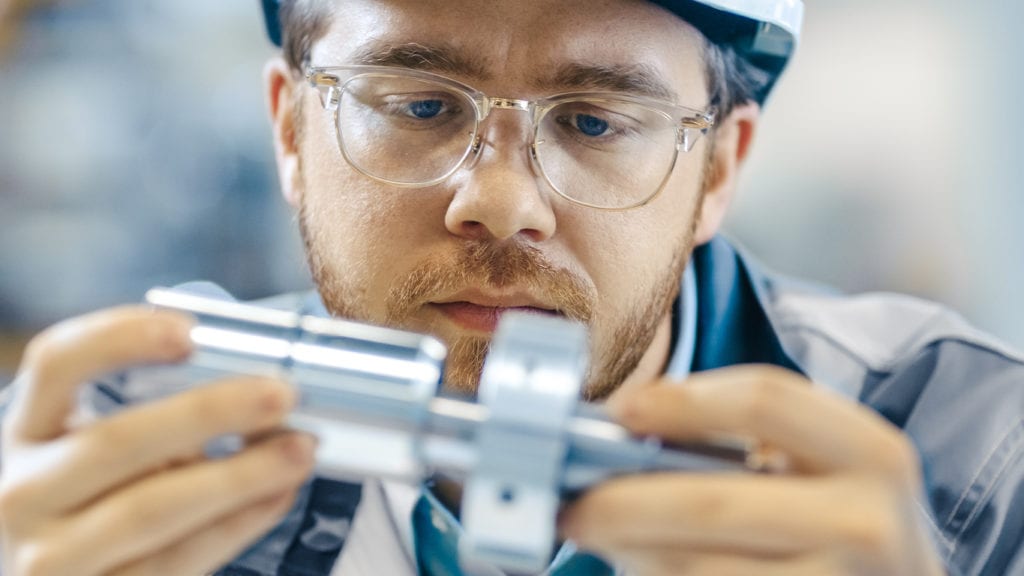At 23%, software issues are one of the main reasons medical devices are recalled. Despite the growth and immense opportunities in the medical device sector, product recalls pose a significant challenge to those looking to launch a medical device.
When a medical device malfunctions, it exposes the user to additional risks. Such risks may translate to further medical complications, or even death. Data from Food Drug & Administration indicates that medical device issues caused over 80,000 patient deaths over the last decade. As a result, more stringent medical device quality regulations have been put in place, and there’s been a 300% increase in medical device regulatory inspections.
With measures like this in place, the rate of medical device recalls has been steadily increasing. For instance, in an 18-month period between 2018 and 2019, 595.98 million devices were recalled. Compared to the previous two years, the average number of units recalled per quarter increased by 70.68%. Recalls like this indicate devices that weren’t ready for market, subsequently marking them potentially hazardous to users.
Recalls like this can have a devastating impact on your company. With each recall, you’ll experience significant losses, lose income, and have to go back to the drawing board. As a result, your ability to generate sales from future medical devices will be significantly affected, and your great idea for a medical device may be regarded as nothing more than an attempted success.
If you want your medical device to see success, then it’s crucial for it to meet the desired quality standards and function as designed. That’s where a project engineering partner comes in. However, not many medical device companies have a project engineer. Their role in medical device development can be the difference between releasing market-ready devices or dealing with recalls that can affect the success of your device.
Hiring a project engineer can boost your operations in several ways, but before you begin the hiring process, there are some things you should do to lay the foundation for your project engineering needs.
1. Have a Clear Understanding of Your Project Needs
Each project has its own objectives, timelines, and needs. The purpose of project engineering is to ensure these targets are met. However, for a project engineer to assist with this, you must provide the right framework. Work with your teams to determine the project objectives, deliverables, and timelines for each milestone.
From there, assess your limitations or the key areas where you want the project engineer to assist. All of these should be clearly defined to avoid misunderstandings during product design and development.
2. Be Open to Adjustments
The goal of project engineering is as much about expediting projects as it is about making sure the devices meet the desired standards. Achieving this may be the difference between reaching the market first and making a windfall and entering a saturated market. To support your project engineer’s efforts, you must take up a flexible approach.
Even if you already have designs and a plan of how to develop the product, they may have suggestions that require tweaking of those plans. So, as you prepare to bring a project engineer to your team, be open to the adjustments they present. Otherwise, you’re missing out on valuable, experienced input that could make all the difference in the success of your medical device.
One area you should especially be flexible with is your budget. Considering the potential benefits of releasing a fully functional device into a non-saturated market, the extra spend will be worthwhile.
3. Choosing the Right Project Engineer
For your project engineering goals to be met, you need the right person for the job. Such a role requires a team player with tons of experience, management skills, and creative thinking. You want someone who’s going to bring value to your team and help you get where you want to go.
Another viable option is hiring a consultancy agency to handle your project engineering needs. If so, ask about the experience and skills of each member of their team who will work on your project. While interviewing for the position, include someone with technical expertise in the panel. Their role is to test each interviewee’s expertise.

4. Do Your Homework
There’s no room for mistakes with project engineering, as the wrong person or team can completely disrupt your success, or prevent it from ever happening. Even if a project engineer seems like a perfect fit, you should only hire them based on what they can deliver. To determine this, you have to view their past work. Ask them to provide references and redacted work reports of their past work with similar projects. Do your homework beforehand so you can go into the project with confidence in your new partner.
5. Prepare a Detailed Contract
Once you’ve identified a suitable candidate, clearly communicate the role you want them to play and the deliverables. All of these should be included in the contract, along with timelines for each milestone. Any resources you will provide, such as access to company databases, accommodation, and office space, along with the mode of payment, should also be part of the contract.
How Will a Project Engineer Benefit Your Company?
At the end of the day, the project engineer’s value will be determined by the results they deliver. Here are some of the ways they can assist:
- Expediting the approval process: Their expertise with medical device projects will come help speed up and product design and development and software and validation testing. Along with their knowledge of policy and requirements for approval, you’ll be able to complete projects and get approval faster.
- Providing updated expertise: Medical device quality standards and regulations are updated regularly. By dealing with many similar projects and their network in the industry, a project engineer comes with up-to-date industry knowledge.
Are Medical Device Consulting Firms Worth It?
One trend that’s becoming popular in the medical device industry sector is outsourcing project engineering needs to a consultancy firm. Compared to hiring an in-house project engineer, this comes with a lot more benefits. Such firms have many clients in the medical device sector, so no matter what challenges arise on your project, it’s likely that they’ve not only faced them, but solved them, which acts in your favor. This increases the chances of project success and speedy delivery.
C3 Medical Device Consulting offers project engineering support to medical device companies, helping move devices from ideas into reality. Reach out to us today to learn more about our medical device engineering services and how they can help you achieve your project objectives.










